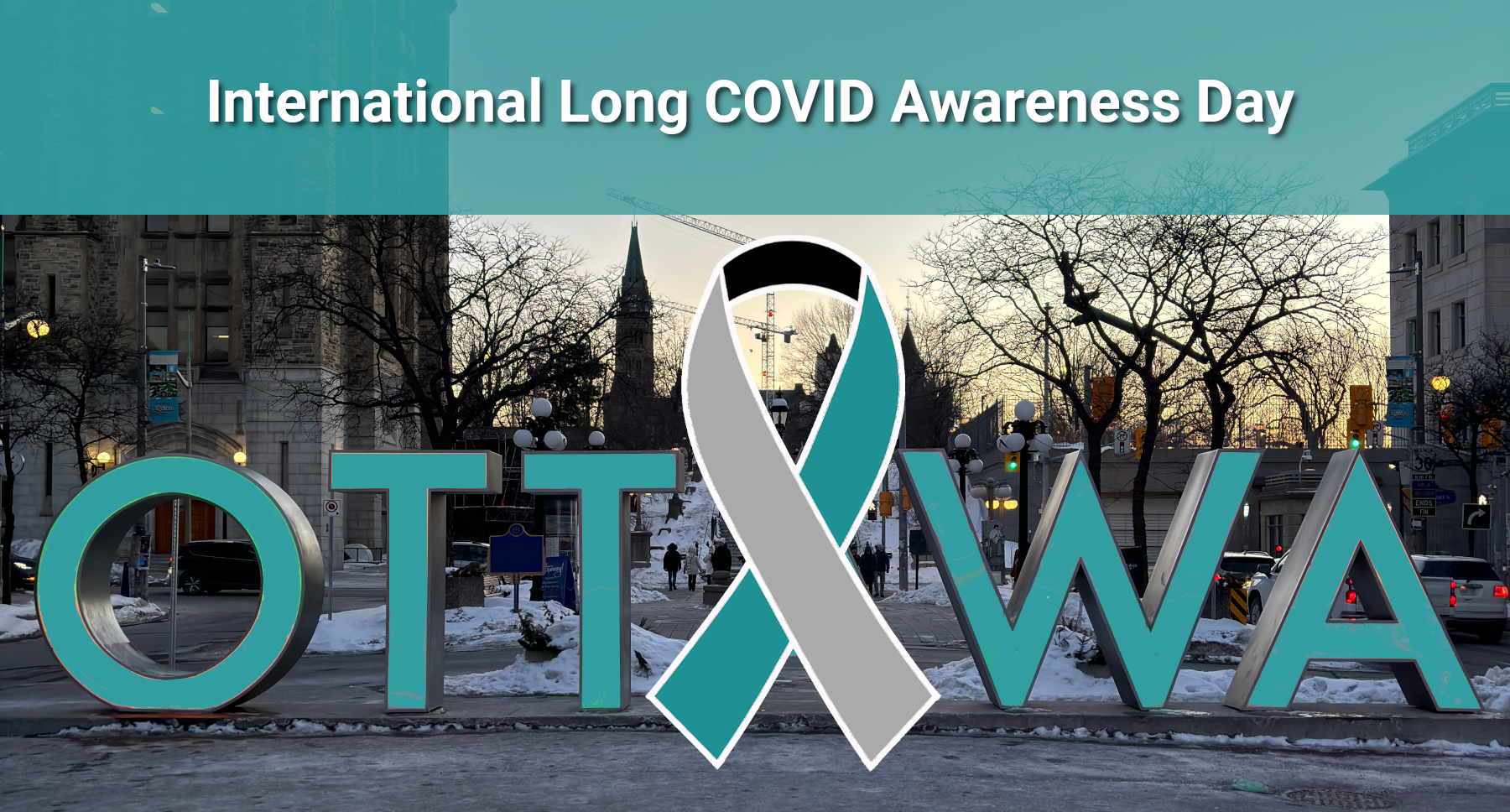Eastern Ontario is at the epicentre of a tick population boom, and with it, health officials are reporting the highest levels of Lyme disease in the province.
So far this year, there have been 186 confirmed cases of Lyme disease in south-east and Eastern Ontario, stretching from about Prince Edward County to the Quebec border, including Ottawa, according to Public Health Ontario. That is more than half of all the cases in the province since the beginning of 2025.
By far, the highest concentration of the tick-spread disease in the province is within the large South East Health Unit, which includes Smiths Falls, Brockville, Kingston, Belleville and Prince Edward County, among other regions. With 132 cases, it has the highest rate of Lyme disease in Ontario.
Ottawa, with 41 cases, and the Eastern Ontario Health Unit, with 13 cases, also have higher-than-average rates of Lyme disease. Those reported cases reflect the climate-driven growth of tick populations across the area and heightened risk of Lyme disease and anaplasmosis, which are both spread by blacklegged ticks carrying bacteria.



